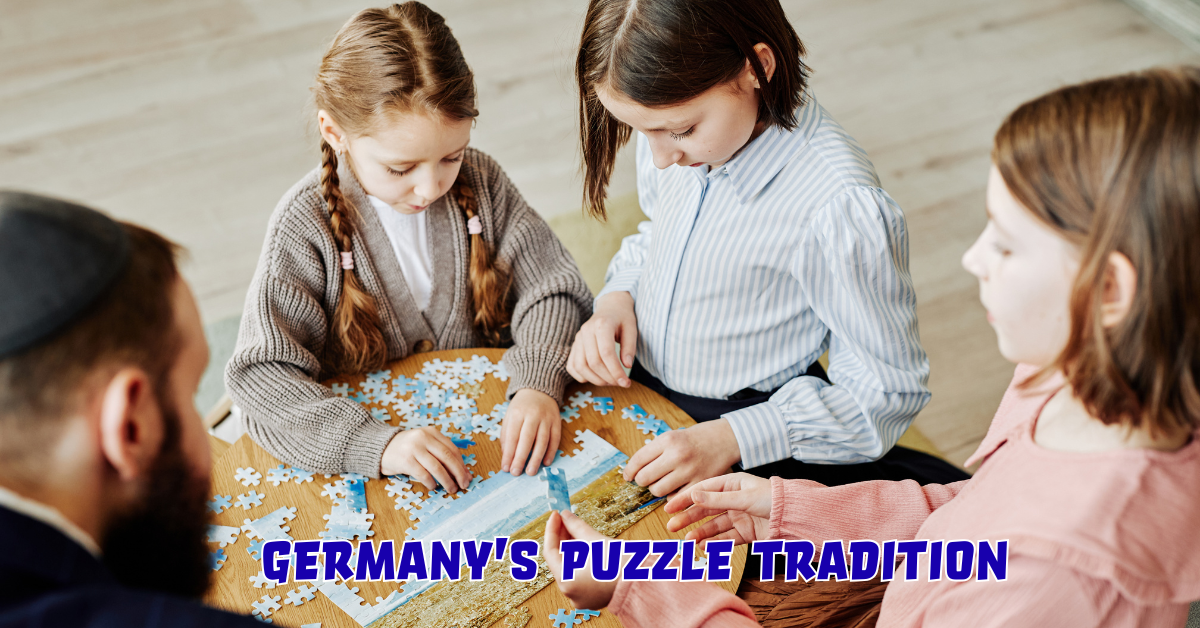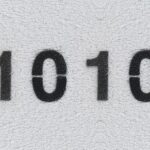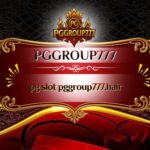When people search for “Hörzu Rätsel,” they are usually looking for more than just a magazine puzzle page. They want to understand what it is, how it works, why it is popular, and what role it plays in German culture. Hörzu Rätsel refers to the puzzle sections and dedicated puzzle editions connected to Hörzu, one of Germany’s most iconic television and entertainment magazines. For decades, Hörzu has been a household name, and its puzzle collections—crosswords, number challenges, logic problems, and word games—have developed into a cultural phenomenon. The puzzles are not simply pastimes; they connect generations, train the mind, and reflect Germany’s long-standing love of structured entertainment.
This article explores the history of Hörzu Rätsel, its significance in everyday life, the cognitive benefits of solving puzzles, strategies for approaching different puzzle types, and the way these puzzles mirror broader cultural values. Readers will also discover how Hörzu Rätsel has adapted to digital formats, why its audience remains loyal, and how puzzles have become a quiet yet essential element of shared family traditions.
By the end, you will see that Hörzu Rätsel is not just a puzzle booklet or a magazine feature—it is a reflection of how entertainment, education, and culture intersect in the German-speaking world.
The Origins of Hörzu and the Puzzle Section
Hörzu was founded in 1946, shortly after the end of World War II, as Germany sought new forms of entertainment and information. Initially, it served as a guide to radio programming and later expanded into television listings. As its readership grew, so did the demand for supplemental entertainment. It was during this expansion phase that puzzle sections—Rätsel—were introduced.
The puzzles served two purposes. First, they offered light-hearted, mentally stimulating entertainment. Second, they became a consistent feature that readers could rely upon week after week. Over time, these puzzle sections developed a loyal following, eventually leading to special editions solely focused on Hörzu Rätsel.
For German families, solving these puzzles often became part of weekend routines. Much like Sunday crosswords in English-speaking countries, Hörzu Rätsel carried both entertainment and tradition.
Cultural Significance of Hörzu Rätsel
In Germany, puzzles have long been associated with discipline, structure, and intellectual engagement. Unlike fleeting games, puzzles require patience and attention to detail. Hörzu Rätsel embodies these values, serving as a bridge between leisure and learning.
The cultural role of Hörzu Rätsel also extends beyond individual entertainment. Families often solve puzzles together, grandparents pass them on to grandchildren, and workplaces sometimes use them as light activities in break rooms. In this sense, they are a cultural glue—something small yet enduring that ties different generations and social groups together.
Table: Types of Puzzles in Hörzu Rätsel
| Puzzle Type | Description |
|---|---|
| Crossword (Kreuzwort) | Word-based puzzles requiring knowledge of vocabulary, trivia, and logic |
| Sudoku | Number-placement puzzle based on logic and deduction |
| Logic Puzzles | Challenges requiring step-by-step reasoning and problem-solving |
| Picture Puzzles | Spot-the-difference or image-based riddles |
| Word Search | Grids with hidden words arranged horizontally, vertically, or diagonally |
| Number Riddles | Math-based challenges that require arithmetic and strategic thinking |
| Quiz-Style Puzzles | Trivia questions often related to culture, history, or general knowledge |
The Cognitive Benefits of Puzzle Solving
Researchers in cognitive science have consistently found that puzzle-solving has a wide range of mental benefits. Hörzu Rätsel engages multiple aspects of cognition, including memory, problem-solving, vocabulary recall, and logical reasoning.
For older adults, regular puzzle engagement is associated with delayed cognitive decline and sharper memory retention. For younger readers, puzzles encourage patience, vocabulary growth, and strategic thinking. Unlike passive entertainment such as watching television, puzzles demand active participation. They invite the solver to interact, think, and reflect.
In this sense, Hörzu Rätsel offers not just entertainment but a form of cognitive exercise, keeping the mind agile across all age groups.
Strategies for Solving Hörzu Rätsel
Puzzles are not meant to frustrate; they are designed to challenge. Here are strategies that experienced solvers often employ:
- Crosswords: Start with the easy clues to build a foundation. Look for prefixes, suffixes, and common phrases.
- Sudoku: Focus on single rows or boxes with the highest number of filled digits, then expand outward logically.
- Logic Puzzles: Translate words into diagrams or charts to visualize relationships.
- Word Search: Scan diagonally and backward, as hidden words often use less obvious placements.
- Picture Puzzles: Compare two images systematically by dividing them into sections.
By practicing these methods, solvers not only finish puzzles more efficiently but also enjoy the process more deeply.
Hörzu Rätsel and Digital Transformation
In recent years, as print circulation has declined globally, Hörzu and its puzzle editions have transitioned into digital platforms. Apps, online puzzle portals, and downloadable editions have allowed younger audiences to engage with Hörzu Rätsel on tablets and smartphones.
Yet, interestingly, print remains popular. Many readers still prefer the tactile satisfaction of circling, underlining, or scribbling answers. This coexistence of print and digital illustrates the adaptability of Hörzu Rätsel. It is not bound to a single format—it thrives wherever there is curiosity and time to engage.
Table: Print vs. Digital Hörzu Rätsel
| Format | Advantages | Challenges |
|---|---|---|
| Tangible, traditional, screen-free experience | Limited portability, dependent on distribution | |
| Digital | Accessible anywhere, interactive, instant access to hints | Risk of screen fatigue, subscription barriers |
The Social Element of Puzzles
Although solving puzzles often seems solitary, Hörzu Rätsel has a quiet social dimension. Families pass puzzles across the breakfast table, friends exchange solutions, and communities sometimes hold puzzle competitions. Social media has added another layer: fans now share their experiences online, compare solving times, and create groups dedicated to crossword or Sudoku challenges.
This illustrates how puzzles, though humble in appearance, become part of shared experiences. Much like storytelling, they connect people. The difference is that puzzles also require cooperation in finding answers.
Lessons in Patience and Problem-Solving
At a deeper level, puzzles teach philosophical lessons. They encourage patience, reminding us that not all problems can be solved instantly. They also mirror life’s challenges: some clues are straightforward, others misleading, and sometimes solutions emerge only after stepping away and returning with fresh eyes.
Hörzu Rätsel thus becomes more than entertainment—it is a quiet teacher of resilience and strategy, imparting skills that apply to daily challenges far beyond the puzzle page.
Conclusion
Hörzu Rätsel is not merely a puzzle section in a German magazine; it is a cultural institution that has spanned generations. From its origins in the postwar years to its current digital iterations, it has maintained its central promise: structured entertainment that engages the mind. By blending tradition with adaptation, it reflects broader German values of discipline, intellectual engagement, and community.
As puzzles continue to attract both older and younger readers, Hörzu Rätsel proves that some forms of entertainment never lose their relevance. They may change formats, but their essence remains timeless. In an era of fast-paced digital consumption, the enduring charm of sitting down with a puzzle—whether on paper or screen—reminds us that the most meaningful entertainment is often the simplest.
Or as one puzzle enthusiast described it: “When I solve Hörzu Rätsel, it feels like a conversation with my own mind.”
FAQs
1. What is Hörzu Rätsel?
Hörzu Rätsel is the puzzle section and special puzzle editions linked to the German magazine Hörzu, featuring crosswords, Sudoku, and more.
2. Why is Hörzu Rätsel so popular?
Its mix of tradition, cognitive challenge, and cultural value has made it a staple in German households for decades.
3. Does Hörzu Rätsel exist in digital form?
Yes, it is available through apps and online platforms, though many readers still prefer print editions.
4. What types of puzzles are included?
It includes crosswords, Sudoku, logic puzzles, word searches, number riddles, picture puzzles, and quiz-style challenges.
5. Are there benefits to solving Hörzu Rätsel regularly?
Yes, it improves memory, vocabulary, logic, problem-solving, and provides a healthy alternative to passive screen entertainment.











